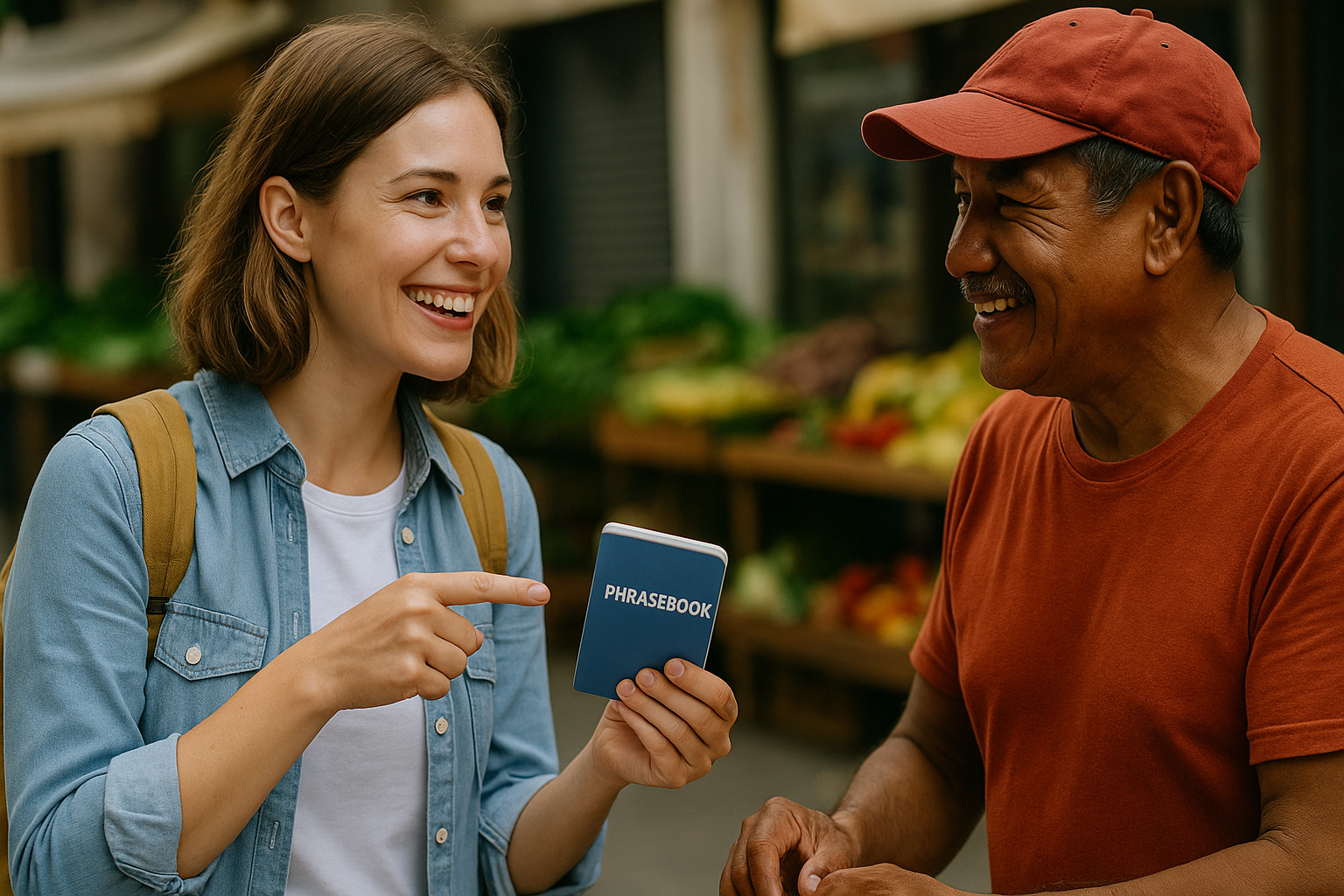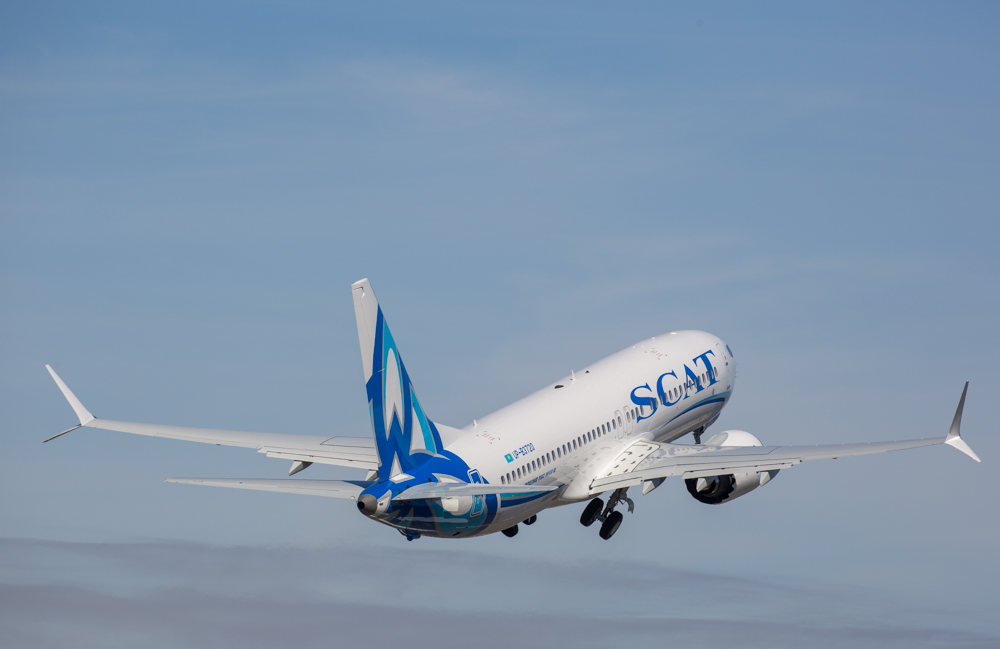Tips For Travelers Who Want To Learn A New Language On The Go
There’s something magical about connecting with someone in their own language — even if it’s just ordering coffee or asking for directions. For many travelers, learning a language isn’t just practical — it’s part of the adventure. If you’re someone who wants to learn a new language on the go, you don’t need a classroom or a year-long plan. With the right mindset, tools, and habits, the world itself becomes your language lab. Here’s how to make it happen — even if you’re starting with nothing but “hello.”
Start Before You Fly
You don’t need to be fluent before boarding the plane, but laying a foundation helps. Use apps like Duolingo or Memrise to pick up essential vocabulary. Learn how to greet, thank, apologize, ask for help, and order food. These aren’t just “phrases” — they’re your survival kit. Even 15 minutes a day a few weeks before your trip can boost your confidence and reduce day-one overwhelm.
Use Apps and Audio on the Road
Waiting for a train? Riding a bus? Walking to dinner? These are prime language-learning moments. Apps like Babbel, Pimsleur, or podcasts like Coffee Break Languages turn downtime into brain time. Switch your phone language settings. Listen to local radio. Watch a Netflix show in your target language with subtitles on. Immersion doesn’t mean you need to be surrounded by people — it means surrounding yourself with the language itself.

Practice Daily, Even Imperfectly
You don’t need to be perfect — you just need to be brave. Use what you know, even if it feels awkward. Order food in the local language. Ask a vendor about prices. Greet your hostel receptionist in their mother tongue. Locals often appreciate the effort and will cheer you on (or gently correct you, which is even better). The key is consistency. Even five real conversations a day — however short — reinforce vocabulary and build confidence.
Make Mistakes, Then Laugh About Them
You will mess up. You’ll say “chicken” when you meant “train station.” You’ll ask for a kiss instead of a fork. It’s part of the process. But instead of retreating, lean in. Tell people you’re learning. Ask them how to say something better. Humor and humility are your best travel companions. When you learn a new language on the go, your willingness to be wrong is often what gets you closer to being right.
Use Flashcards — The Right Way
Apps like Anki or Quizlet make flashcards efficient. Focus on high-frequency words. Include images or context instead of just translation. Use spaced repetition to help words stick. Carry a small notebook and jot down new words you hear or see. Reviewing vocabulary daily — especially words you’ve actually used or seen on signs — keeps them fresh and functional.
Talk to Strangers (Politely)
Taxis, cafés, hostels, and markets are perfect places for real-world practice. Try small talk with your Airbnb host. Ask your barista how to say “strong coffee.” Compliment someone’s outfit — and then ask how to describe it. The world becomes your language classroom. Most people enjoy helping, especially if you’re trying sincerely. If you’re shy, write down a few practice sentences and rehearse them out loud before using them. It helps!
Keep a Phrasebook — or Make Your Own
While apps are handy, sometimes a good old-fashioned notebook wins. Create your own phrasebook with useful expressions, idioms, and personal reminders. Include context — like where you learned the phrase or who taught it to you. This makes recall easier and adds a personal touch to your journey. You’ll be amazed how often those phrases reappear during your travels.
Immerse Yourself Without Leaving the City
Even if you’re in a big tourist hub, there are ways to go deeper. Shop at local markets where English is less common. Attend a local theater performance. Join a free walking tour in the local language. If you’re staying a while, sign up for a language exchange meetup. Look for opportunities to connect — not just consume — the culture around you.
Track Your Progress and Celebrate Wins
Keeping track of new words, useful sentences, or your first full conversation boosts motivation. Set micro-goals: “Learn five new food items today.” “Ask for directions without switching to English.” Celebrate small victories, even if they’re messy. Learning on the go is about momentum, not mastery. Recognizing progress keeps you moving forward.
Have you tried to learn a new language on the go? What worked for you — and what made you laugh? Share your tips or funniest mistakes in the comments. We’re all learners here.
Want more real-world travel tips? Follow us on social media for tools, hacks, and stories to help you explore smarter and deeper — one word at a time.
Catch up on the top stories and travel deals by subscribing to our newsletter!












Leave a Reply